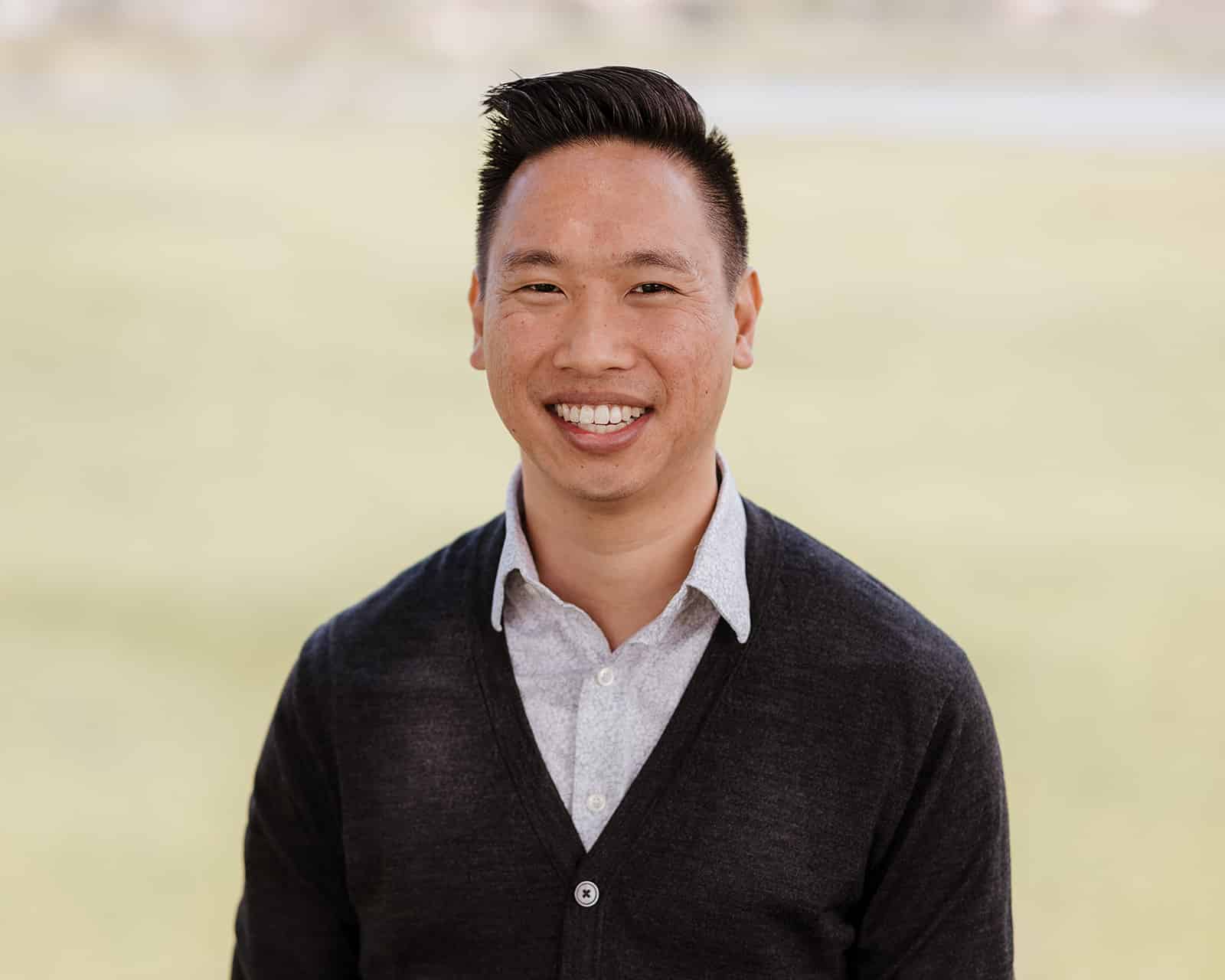Religious trauma can be difficult to consciously recognize, and exceptionally painful to name. What it means to heal from religious trauma can be even more elusive. Often, it creeps up on you. After all, who goes to a religious or spiritual gathering expecting to be traumatized? Religion and spirituality speak to the existential questions (dare I say, the existential needs) that we have about belonging, meaning, and identity. When we commit to these communities, we hope to participate in something bigger than ourselves, something that we believe will give our lives meaning and purpose. Indeed, many experience religion and spirituality as life-giving. However, tragically, this is not always the case.
What is religious trauma?
Religious trauma can be difficult to define. This is partly due to the wide breadth of experiences that can induce trauma symptoms, as well as the variability in how people respond to events. Because of the multitude of contextualizing factors at play, two people can experience the same event and one person’s experience may be traumatizing while the other person may be relatively unscathed. That does not make anyones’ experience less real or valid, or negate the unique texture of any one journey. Nevertheless, among those who have gone through religious trauma, there can be similarities in experiences. Here are some experiences common among individuals who have suffered religious trauma:
Belief disorientation or lack of direction
While shared beliefs are a fundamental aspect of what constitutes a religion, the extent to which those beliefs are held rigidly without opportunity to question can be a red flag. Paradoxically, doubt can be an important part of personal and spiritual growth because it allows us to take ownership of our spiritual journey, anchor us more authentically in the beliefs and values that are important to us, or engage more comfortably in the mystery and wonder of the human condition. When religious communities undercut curiosity or doubt, not only can it stunt our growth, but it also invalidates the natural growth process of coming to our own conclusions. When leaving a hurtful environment, we can feel disillusioned and disoriented, not knowing what to believe anymore and not knowing how to move forward.
Loss of agency
Toxic religious environments will often utilize strategies such as intimidation, coercion, or manipulation to exert control. When we are exposed to these abuses of power, they chip away at our sense of self and our sense of freedom to make our own decisions. When we finally break away from those leaders and institutions, we can be left feeling distrustful of our own emotions, desires, and decisions. Sometimes the messages we internalize are overt, such as authoritative or narcissistic leaders telling us that only they have the right answer and everyone else is wrong. Harmful messages can also infiltrate in more covert ways such as feeling guilted into volunteering time, fearing retaliation or blackmail, or feeling peer pressured to not stand out.
Shame
Shame is a universal human experience, but it can accumulate many more complex layers within religious contexts. One reason shame in a religious context can look different from other instances in our life is the sense of ultimacy it can carry. For example, it is one thing for our family and friends to be disappointed in us, but how does it feel to have God be disappointed in us? The role of shame in society has largely been to control behavior, often by discouraging “deviant” behavior. When shame becomes embedded in our minds, our behavior becomes avoiding what we fear rather than pursuing what we love. Shame distorts our most intimate relationships by twisting the way we see ourselves and others.
What can healing from religious trauma look like?
Acknowledging the pain and grieving the loss
When we start on a new journey of healing, it can be tempting to run as far away from our pain as possible. It’s only natural to feel that way. However, naming the trauma for what it is and giving ourselves permission to grieve allows us to assess the damage and come to terms with the losses. Often, the cost for stepping away from toxic religious communities is high. Among the losses that might be experienced are the loss of community, the loss of an identity, or the loss of years spent devoted to that cause. Only once the losses are reckoned with and the pain faced can the rebuilding process begin.
Reclaiming agency
Because unhealthy religious communities often employ abusive, coercive, or manipulative tactics, part of the healing process may involve getting back in touch with your own sense of free will and agency. When it comes to trauma, constantly dealing with what is being done against you can feel defeating and exhausting; however, reclaiming agency is more than a simple “mind over matter” mindset shift. It involves seeing yourself as worthy of having a voice and a will. This is a critical step to experiencing freedom from victimhood.
Rebuilding a meaningful life
Leaving a toxic religious environment is an immensely deconstructive process that can leave us feeling like we have very little to show for all the love, hope, blood, sweat, and tears that we poured into that time of our life. However, rebuilding a life that you can feel proud of does not mean starting completely from scratch. It is a deeply integrative process that may include salvaging any good that did come from the pain, inviting the authentic self (that was there all along) to come to the forefront, and charting a course towards a newly defined sense of meaning and purpose.
If reading all of this feels a bit overwhelming, you are not alone, and you weren’t meant to journey alone.
While religious trauma deeply impacts our ability to relate to ourselves and others, it is through healthy and safe relationships that we experience healing. If you are considering working through this process with a therapist, it can be intimidating to find a good fit. I tend to recommend listening closely to your own instincts and not devaluing gut-feelings that tell you something feels off or something feels good. Your preferences matter in being able to connect, even if they seem arbitrary, and our instincts often register non-ideal situations before we have conscious insight into why that might be. It can also be helpful to remember that you may end up working with more than one therapist over the course of your life, and that it is normal to be able to do different kinds of work, or parts of the work, with different therapists in different seasons. Lastly, it is always okay to ask a therapist direct questions about these things. How they respond will often help you decide if it feels like a good fit.
When comparing therapists who specialize in treating religious trauma, you may find yourself wondering if you should work with a secularly-minded therapist or a therapist who is spiritually-minded. For some individuals, working with a secular therapist can help avoid possible retraumatization due to any negative associations. For others, working with a therapist who is familiar with your religious or spiritual background can help provide common language for understanding. Some individuals want to leave religion and/or spirituality far behind, while others may continue to see themselves as a deeply religious and/or spiritual person. Consulting with a therapist about these questions can help you find a fit that is right for you.
About the author
Gabriel Lowe, Ph.D., is a Licensed Clinical Psychologist (PSY33003) California. He works with people with people with a variety of presenting issues, including healing from religious trauma, depression, OCD, clergy care, faith deconstruction, and health-related issues.
Dr. Lowe is currently accepting new clients via video conferencing to people throughout the state of California.


